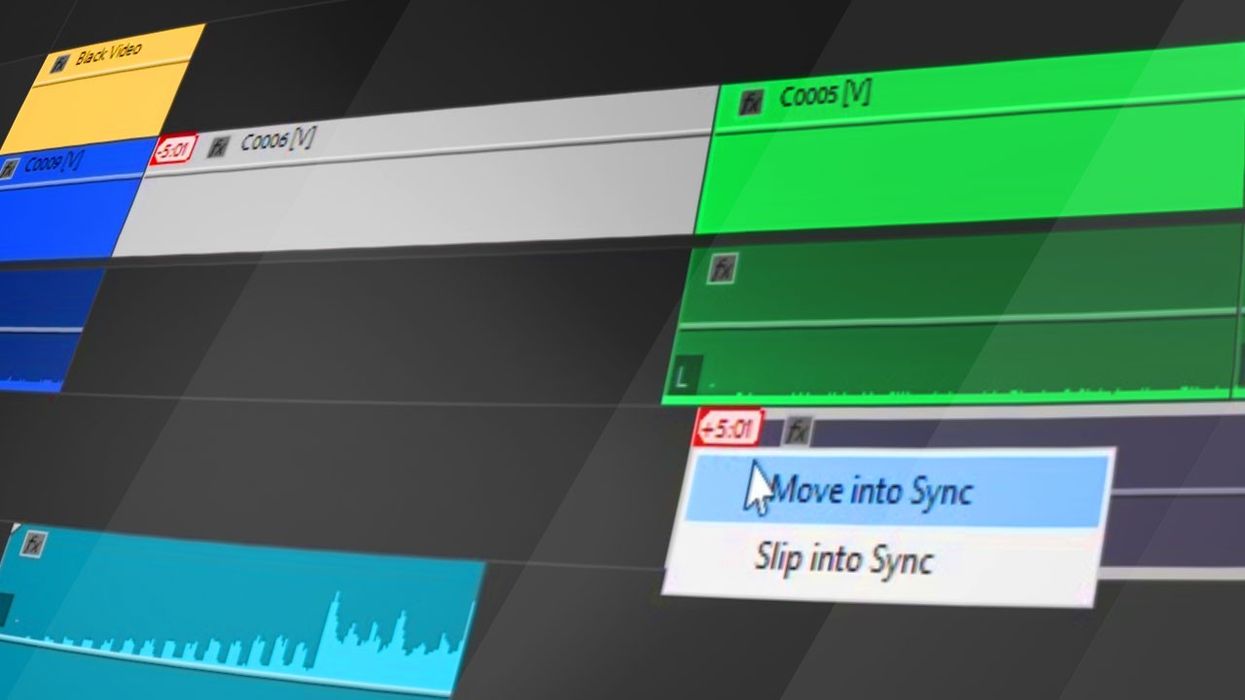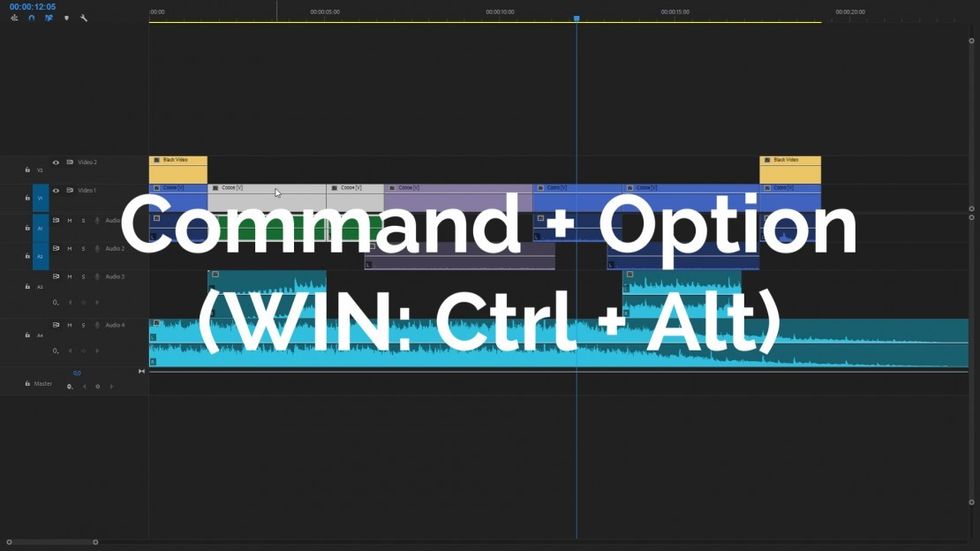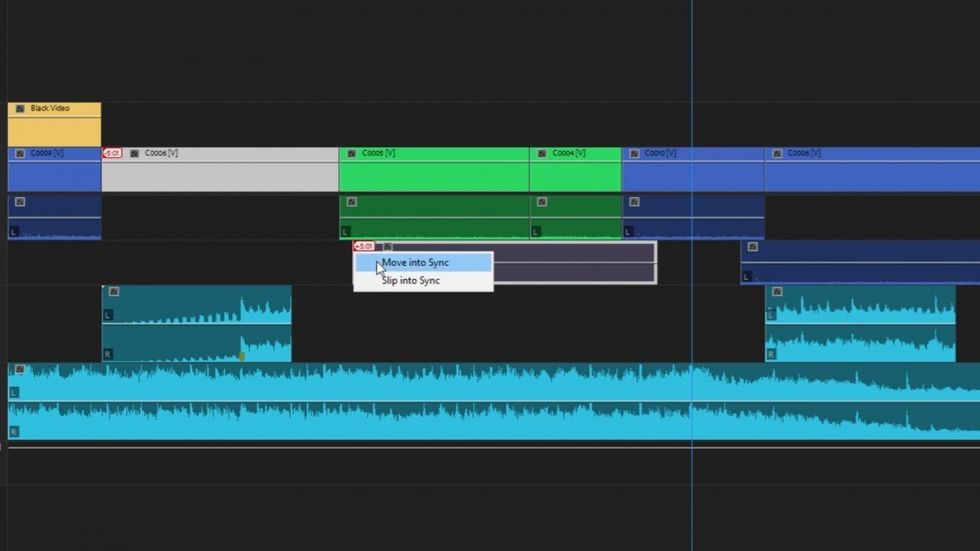Why Premiere Pro Will Never Have Magnetic Timeline
Does Premiere Pro really need a magnetic timeline like FCPX?

I’m the last person to tell you that Premiere Pro is better than Final Cut Pro (or the other way around) as I’m on Windows and have never used Final Cut Pro. But this video is not about which NLE is the best. I just want to address the topic of the magnetic timeline.
I haven’t seen the documentary yet and Brad Olsen, the creator, says that it’s not strictly about a software and Final Cut. It's about ideas and what Final Cut Pro X represents in this regard. But after I saw this presentation—that I assume is used in the film—I felt like it wasn't right.
First of all, when we want to change the order of the clips, using Command (Ctrl on Windows) is not the way to go! It works for inserting within the timeline but not for changing the order of the shots. This is a huge mistake.
To change the order of the clips, you need to first use Command + Option (Ctrl + Alt on Windows) for it to do a really good job as a basic timeline.
But the example timeline that is used for the presentation is the worst possible scenario for Premiere Pro and how it works. It’s perfectly understandable taking into account the point he’s trying to make but it’s still important to acknowledge that it is only a problem when you have split edits like J-cuts and L-cuts in the timeline.
Even if you do, you shouldn't do it like how it's shown in the presentation. You can do it in two simple steps that take maybe half-second longer than the whole "Final Cut Pro thing."
Before we change the placement of clips, we press Command + Option (Ctrl + Alt). We then move selected clips to the desired location and we release. The problem is that the audio from the clip with J-cut or L-cut will be out of sync, but don't worry as there's a really easy fix for that. You should right-click on the out-of-sync indicator and choose the option Move into Sync. Not even close to the nightmare that was presented, right?
I only wish I could assign a keyboard shortcut to the Move into Sync command. Anyway, it’s really not that bad in terms of cleaning up the timeline. Many people have bad editing habits and this is the reason why they have to constantly clean up the timeline.
The full video from Sven is really good, so if you haven't seen the “How Final Cut Pro Went OFF THE TRACKS” video, be sure to check it out.
In the full clip from the class, Jesús Pérez-Miranda also showed different ways you can move around clips on the timeline in Premiere Pro. I just want to stress that it's nothing personal and I bet he's a great editor, teacher, and consultant. Feel free to check out his presentation. I must say that the concept Final Cut Pro X implemented looks really interesting. Watching this video made me want to test it myself one day.
Does it really matter which software do you use? In my opinion, it doesn’t, even though it does to some extent. Let me explain.
When you’re just starting out, the choice of NLE is the last thing you should be worried about. It’s MUCH more important to start, to learn, to understand what the art of editing is all about. We tend to think that what stops us from being who we want to be is the gear we don't have, opportunities we aren’t given, the lack of software we should use. That’s very far away from the truth. It’s only when we start doing something that we start to realize how many things we haven’t even considered.
It's only when you really know the craft that the tool you choose translates into how you work, and eventually, into the results.
But after a while, you start to understand what part of the software is most useful to you and what stops you from editing efficiently and creatively. Only then does it really matters what software you use. For my purpose, Premiere Pro is the best that I know of. But if I learn Avid or Final Cut Pro X, then who knows....I might switch one day.
By the end of the day, these are just tools that help us to tell good stories. It's only when you really know the craft that the tool you choose translates into how you work, and eventually, into the results.
What do you think about the topic? Let us know in the comments. By the way, if you're interested in the documentary, here's the trailer for Off the Tracks.












![Ethos, Pathos, Logos: 20 Effective Ways to Advertise [Infographic]](https://nofilmschool.com/media-library/ethos-pathos-logos-20-effective-ways-to-advertise-infographic.jpg?id=34064614&width=600&height=600&quality=90&coordinates=560%2C0%2C0%2C0)

